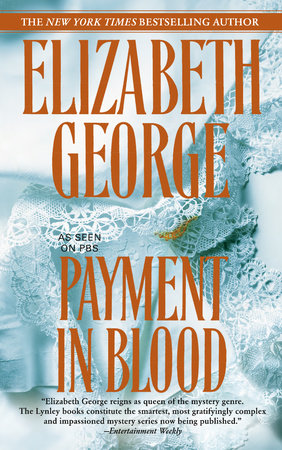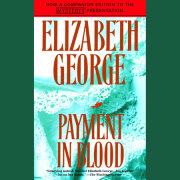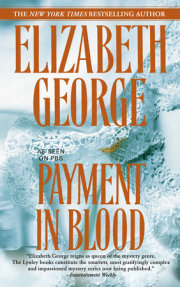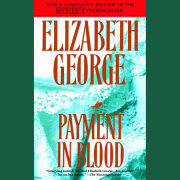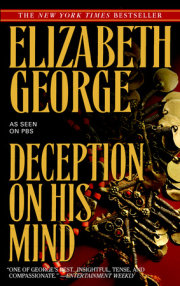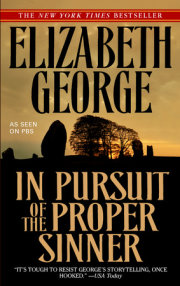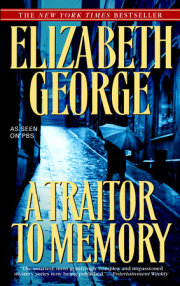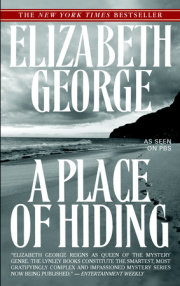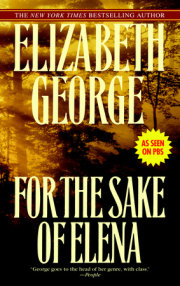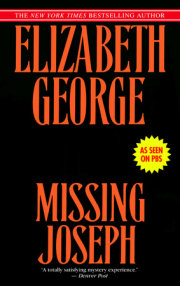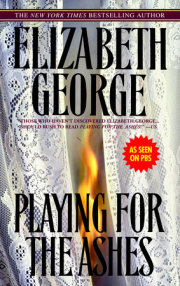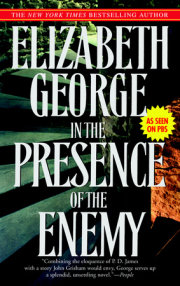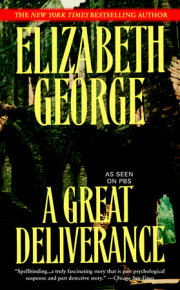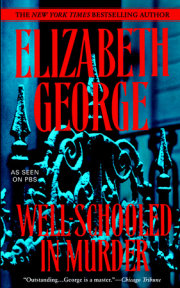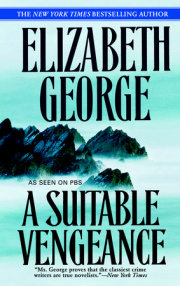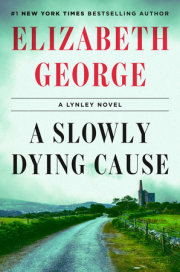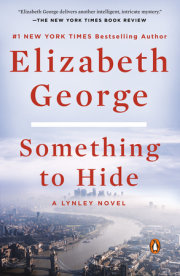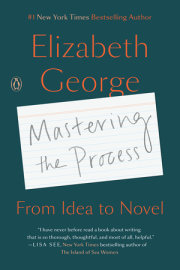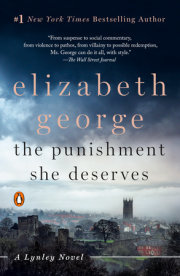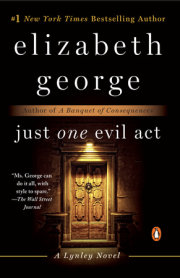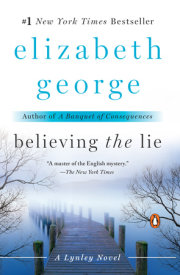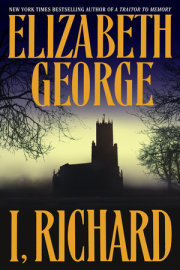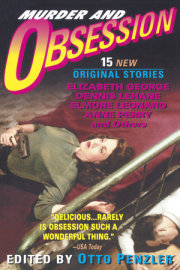Chapter One Gowan Kilbride, aged sixteen, had never been much for early rising. While still living on his parents' farm, he had grumbled his way out of bed each morning, letting everyone within hearing distance know, through a variety of groans and creative complaints, how little to his liking the life of husbandry was. So when Francesca Gerrard, the recently widowed owner of the largest estate in the area, decided to convert her Scottish great house into a country hotel in order to recoup upon the death duties, Gowan presented himself to her, the very man she would need to wait on tables, officiate behind the bar, and oversee a score of nubile young ladies who no doubt would eventually apply to work as serving girls or maids.
So much for fantasy, as Gowan soon discovered. For he had not been employed at Westerbrae a week before he realised that the workings of that immense granite house were to be orchestrated solely by a contingent of four: Mrs. Gerrard herself, a middle-aged cook with too much growth of hair on her upper lip, Gowan, and a seventeen-year-old girl newly arrived from Inverness, Mary Agnes Campbell.
Gowan's work possessed all the glamour commensurate with his position in the hotel hierarchy, which is to say that there was virtually none. He was a factotum, a man for all seasons of travail, be it working the grounds of the rambling estate, sweeping the floors, painting the walls, repairing the ancient boiler on a biweekly basis, or hanging fresh wallpaper to prepare the bedrooms for their future guests. A humbling experience for a boy who had always seen himself as the next James Bond, the irritations of life at Westerbrae were mitigated solely by the delicious presence of Mary Agnes Campbell, who had come to the estate to help put the house in order prior to its receiving its first paying customers.
After less than a month of working at Mary Agnes' side, even getting up in the morning was no longer a chore, since the sooner Gowan bounded out of his room, the sooner he would have his first opportunity of seeing Mary Agnes, talking to her, catching her intoxicating scent on the air as she passed by. Indeed, in a mere three months, all his former dreams of drinking vodka martinis (shaken, not stirred) and showing a marked preference for Italian handguns with skeleton grips had been quite forgotten. In their place was the hope of being favoured with one of Mary Agnes' sunny smiles, with the sight of her pretty legs, with the agonising, tantalising, adolescent hope of brushing up against the swell of her lovely breasts in one corridor or another.
All that had seemed quite possible, quite reasonable in fact, until the arrival yesterday of Westerbrae's very first bona fide guests: a group of actors from London who had come with their producer, their director, and several other hangers-on to work the wrinkles out of a new production. Combined with what Gowan had found in the library this morning, the presence of these London luminaries was making his dream of bliss with Mary Agnes look more remote every moment. So when he pulled the crumpled piece of Westerbrae stationery out of the rubbish in the library, he went in search of Mary Agnes and found her alone in the cavernous kitchen, assembling trays of early morning tea to be carried up to the rooms.
The kitchen had long been a favourite haunt of Gowan's, mostly because, unlike the rest of the house, it had not been invaded, altered, or spoiled. There was no need to suit it to the tastes and predilections of future guests. They would hardly come wandering through to sample a sauce or talk about the turn of the meat.
So the kitchen had been left alone, just as Gowan remembered it from his childhood. The old tile floor of dull red and muted cream still made a pattern like an enormous draughtboard. Lines of coruscating brass pans hung from oak stringers against one wall where iron fixtures were like smudgy shadows on the cracked ceramic surface. A four-tiered pine rack atop one of the counters held the everyday dishes of the household, and beneath it a tricornered drying stand wobbled under its burden of tea towels and cloths. Pottery urns stood on the windowsills, holding oddly tropical plants with large, palmate leaves--plants that by rights should have withered under the icy adversities of a Scottish winter, but nonetheless thrived in the room's warmth.
It was, however, far from warm now. When Gowan entered, it was nearly seven, and the frigid morning air had not yet been cut by the huge stove heating against one wall. A large kettle steamed on one of the burners. Through the transomed windows, Gowan could see that the previous night's heavy snowfall had smoothly sculpted the lawns rolling down to Loch Achiemore. At another time, he might have admired the sight. But right now, righteous indignation prevented him from seeing anything but the fair-skinned sylph who stood at the worktable in the centre of the kitchen, covering trays with linen.
"Explain this tae me, Mary Agnes Campbell." Gowan's face flushed nearly to the colour of his hair and his freckles darkened perceptibly. He held out a discarded piece of stationery, his broad, callused thumb covering the Westerbrae estate crest upon it.
Mary Agnes directed guileless blue eyes towards the paper and gave it a cursory glance. Unembarrassed, she went into the china room and began pulling teapots, cups, and saucers from the shelves. It was every bit as if someone other than herself had written Mrs. Jeremy Irons, Mary Agnes Irons, Mary Irons, Mary and Jeremy Irons, Mary and Jeremy Irons and family in an unpractised script up and down the page.
"Wha' aboot?" she replied, tossing back her mass of ebony hair. The movement, designed to be coy, caused the white cap perched rakishly over her curls to fall askew, over one eye. She looked like a charming pirate.
Which was part of the problem. Gowan's blood had never burned for a single female in his entire life as it burned for Mary Agnes Campbell. He had grown up on Hillview Farm, one of the Westerbrae tenant holdings, and nothing in his wholesome life of fresh air, sheep, five brothers and sisters, and boating on the loch had prepared him for the effect Mary Agnes had upon him every time he was with her. Only the dream of someday making her his own had allowed him to keep hold of his reason.
That dream had never seemed entirely out of the range of possibility, in spite of the existence of Jeremy Irons, whose handsome face and soulful eyes, torn from the pages of countless movie magazines, graced the walls of Mary Agnes' room in the lower northwest corridor of the great house. After all, girlish adulation of the unreachable was typical, wasn't it? Or so Mrs. Gerrard tried to tell Gowan when he daily unburdened his heavy heart to her as she supervised his advancing skill at pouring wine without sloshing most of it onto the tablecloth.
That was all fine and good, so long as the unreachable remained unreachable. But now, with a houseful of London actors to mingle among, Gowan knew very well that Mary Agnes was beginning to see Jeremy Irons within her grasp. Surely one of these people was acquainted with him, would introduce her to him, would let nature take its course from there. This belief was attested to by the paper Gowan held in his hand, a clear indication of what Mary Agnes felt the future had in store for her.
"Wha' aboot?" he repeated incredulously. "Ye left this lyin' in the lib'ry, tha's wha' aboot!"
Mary Agnes plucked it from his hand and shoved it into her apron pocket. "Ye're kind tae retairn it, laddie," she replied.
Her placidity was infuriating. "Ye gie me no explanation?"
"'Tis practice, Gowan."
"Practice?" The fire inside him was heating his blood to a boil. "Wha' kind of practice d'ye need tha' Jeremy Irons'll help you with? All over the blessit paper. And him a marrit man!"
Mary Agnes' face paled. "Marrit?" She set one saucer down upon another. China jarred together unpleasantly.
Gowan at once regretted his impulsive words. He had no idea whether Jeremy Irons was married, but he felt driven to despair by the thought of Mary Agnes dreaming of the actor nightly as she lay in her bed while right next door Gowan sweated for the right to touch his lips to hers. It was ungodly. It was unfair. She ought well to suffer for it.
But when he saw her lips tremble, he berated himself for being such a fool. She'd hate him, not Jeremy Irons, if he wasn't careful. And that couldn't be borne.
"Ah, Mary, I canna say faer sairtin if he's marrit," Gowan admitted.
Mary Agnes sniffed, gathered up her china, and returned to the kitchen. Puppy-like, Gowan followed. She lined up the teapots on the trays and began spooning tea into them, straightening linen, arranging silver as she went, studiously ignoring him. Thoroughly chastened, Gowan searched for something to say that would get him back into her good graces. He watched her lean forward for the milk and sugar. Her full breasts strained against her soft wool dress.
Gowan's mouth went dry. "Hae I tol' ye aboot my row to Tomb's Isle?"
It was not the most inspired conversational gambit. Tomb's Isle was a tree-studded mound of land a quarter of a mile into Loch Achiemore. Capped by a curious structure that looked from a distance like a Victorian folly, it was the final resting place of Phillip Gerrard, the recently departed husband of Westerbrae's present owner. Rowing out to it was certainly no feat of athletic prowess for a boy like Gowan, well used to labour. Certainly it was nothing that was going to impress Mary Agnes, who probably could have done the same herself. So he sought a way to make the story more interesting for her.
Copyright © 2007 by Elizabeth George. All rights reserved. No part of this excerpt may be reproduced or reprinted without permission in writing from the publisher.

